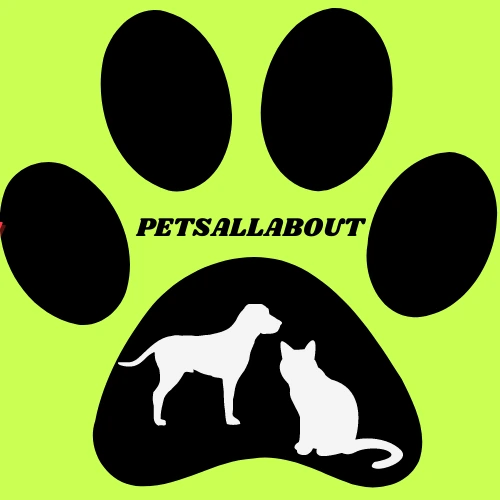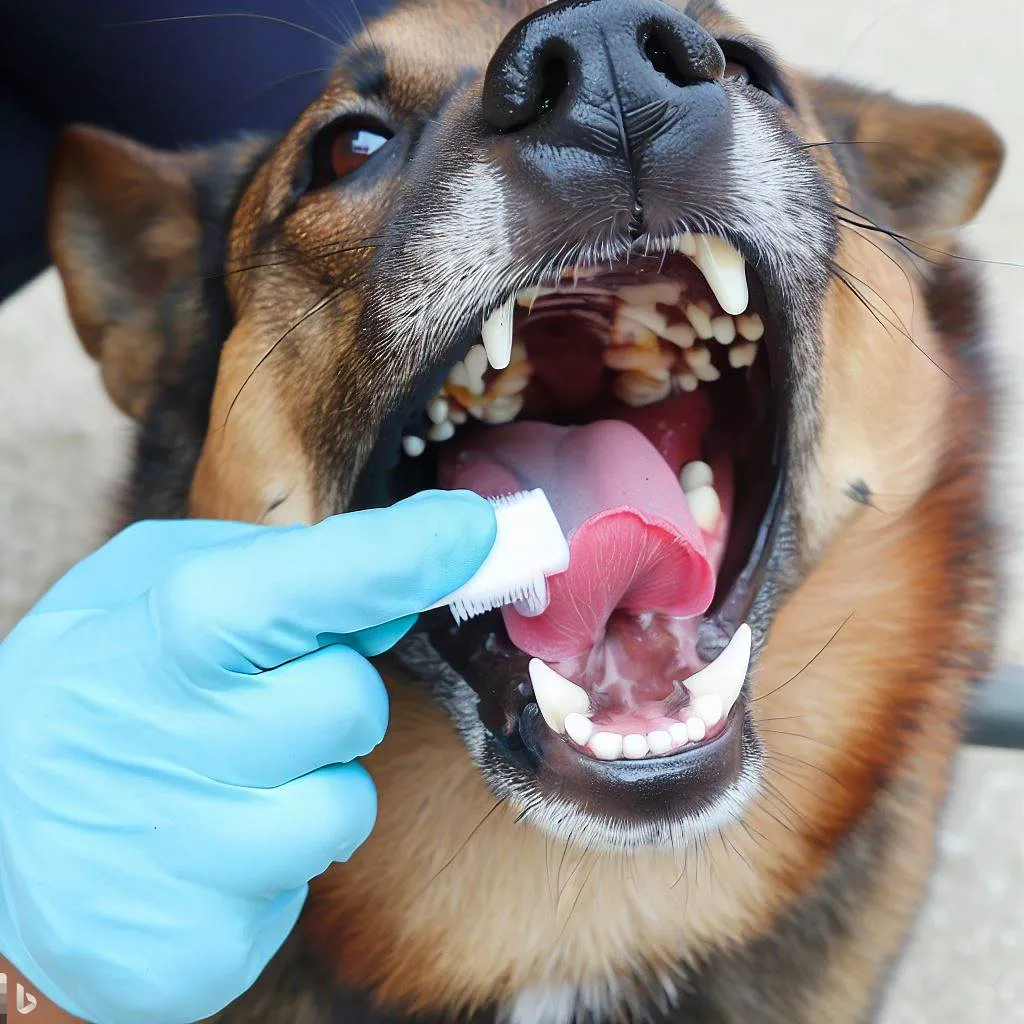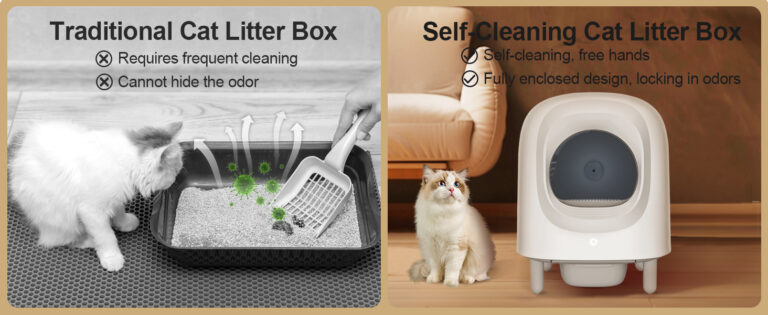“Discover expert tips, How do I choose the right pet food for my dog/cat? Learn how to navigate the options, considering quality, nutritional needs, and sensitivities. Make informed choices that keep your furry friend healthy and happy. Your comprehensive guide to optimal pet nutrition.”
The Basics of Pet Nutrition
Much like us, pets require a well-balanced diet to thrive. Essential nutrients, including proteins, carbohydrates, fats, vitamins, and minerals, are the building blocks of their health.
Proteins support muscle growth, while carbohydrates provide energy. Fats contribute to healthy skin and a shiny coat, and vitamins and minerals are crucial for various bodily functions.
Ensuring that these nutrients are present in the right proportions is vital. A balanced diet helps prevent deficiencies and promotes overall vitality. Just as we wouldn’t thrive on a diet of only one food group, pets need a diverse array of nutrients to stay healthy.
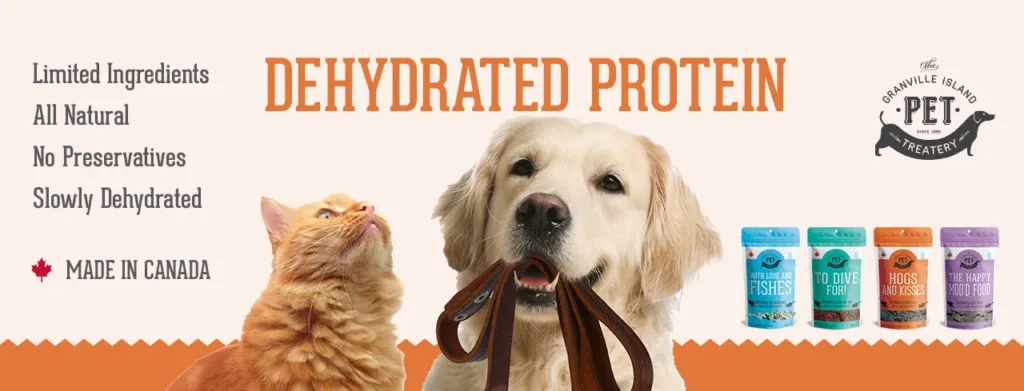
Types of Pet Food
In the world of pet food, options abound. Commercial diets, homemade meals, and specialized diets cater to various preferences and requirements.
- Dry Kibble: These are popular and convenient. They have a longer shelf life and can help keep your pet’s teeth clean.
- Canned/Wet Food: These are higher in moisture content and can be beneficial for pets who don’t drink enough water.
- Raw or Fresh Food: Some pet owners opt for raw diets or home-cooked meals. It’s important to consult a veterinarian to ensure the diet is nutritionally complete.
- Prescription Diets: These are formulated to address specific health issues, such as allergies, kidney problems, or weight management.

Pet dried food: good or bad?
Some of the pros of dried food
- It is convenient and easy to store and serve
- It is nutritionally complete and balanced for all life stages
- It has a labeled list of ingredients and feeding guidelines
- It can help clean your pet’s teeth and prevent tartar buildup
Some of the cons of dried food
- It can contain cheap and unhealthy fillers, such as corn, wheat, soy, or animal by-products
- It can be high in carbohydrates and low in moisture, which can lead to obesity, diabetes, dehydration, or urinary problems
- It can be contaminated with toxins, such as aflatoxins, melamine, or pentobarbital
- It can cause allergies or intolerances in some pets
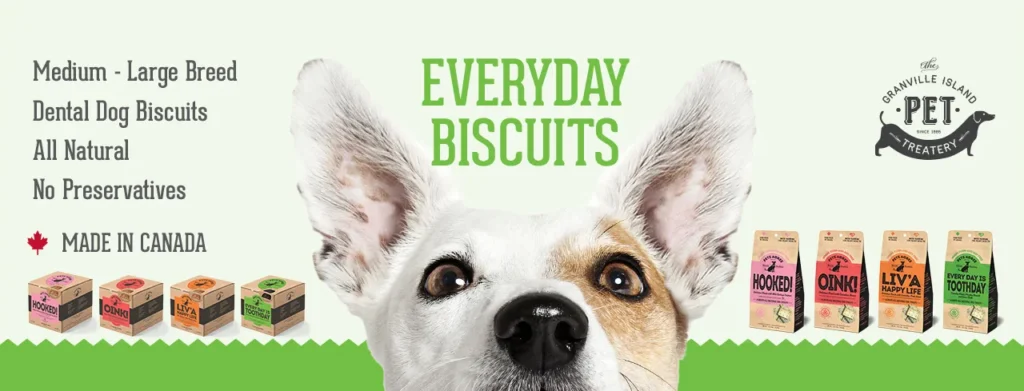
The best way to choose a good dried food
- High-quality animal proteins as the first ingredient
- Natural fats and oils from animal or plant sources
- Whole fruits and vegetables as sources of vitamins, minerals, and antioxidants
- No artificial colors, flavors, or preservatives
- No grains or gluten if your pet is sensitive to them
You should also consult your veterinarian about the appropriate amount and frequency of feeding your pet dried food, and monitor your pet’s weight, energy level, coat condition, stool quality, and overall health.
You can also supplement your pet’s diet with fresh or wet food, treats, or supplements as needed.
Dried food is not necessarily bad for pets, but it is not the only option either. You should always do your research and choose the best food for your pet’s individual needs.
Raw Food Diets: A Trend Worth Exploring?
The Raw Food Movement for Pets
- Raw food diets consist of uncooked meat, bones, and vegetables. Advocates claim that raw diets mirror what pets’ ancestors consumed in the wild.
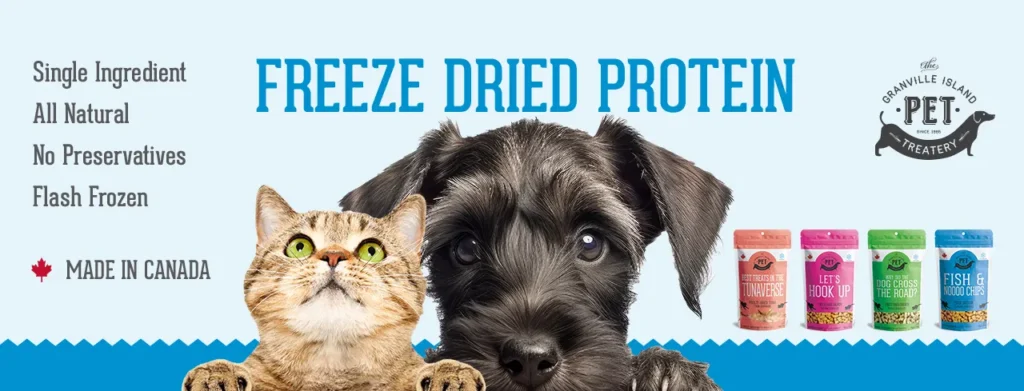
Weighing the Pros and Cons
- While raw diets might have some benefits, they also pose risks. Raw diets can lead to bacterial contamination, nutritional imbalances, and potential choking hazards from bones. Consult your veterinarian before considering a raw diet for your pet.
The Debate over Grain-Free Diets
- Understanding Grain-Free Diets
Grain-free diets exclude grains like wheat, corn, and rice. They often use alternative carbohydrate sources like potatoes or legumes.
- Potential Benefits and Risks
Some pets might benefit from grain-free diets, especially if they have allergies to certain grains. Consult your veterinarian to determine if a grain-free diet is suitable for your pet.
Homemade Meals: A Personal Touch with Caution
The appeal of preparing homemade meals for pets is undeniable. It allows you to have control over the ingredients and ensure freshness. However, crafting a balanced homemade diet requires careful planning. Consultation with a veterinary nutritionist is recommended to create recipes that meet your pet’s specific needs.
Decoding Pet Food Labels
- Reading pet food labels can be confusing, but it’s a crucial skill for pet owners. The label provides information about ingredients, nutrient content, and feeding guidelines.
Cracking the Code: What’s in a Pet Food Label?
The ingredient list on a pet food label is a window into the product’s composition. Ingredients are listed in descending order by weight.
Look for named protein sources, such as chicken or beef, as the first ingredient. Avoid foods with excessive fillers, artificial additives, and by-products.
Identifying Quality Ingredients
Quality ingredients contribute to the overall nutritional value of the food. Whole meats, whole grains, and recognizable ingredients are signs of a higher-quality product.
Avoid vague terms like “meat by-products” and “animal digest,” as they indicate lower-quality ingredients.
Tailoring Nutrition to Life Stages
Puppy and Kitten Nutrition: Building Blocks for Growth

Puppies and kittens require extra nutrients for growth and development. Look for diets labeled as “puppy” or “kitten” formulated to meet their specific needs. These diets have higher protein and calorie content to support healthy growth.
Adult Pet Diets: Sustaining Health and Vitality
Senior Pets: Addressing Age-Related Nutritional Needs
As pets age, they may experience changes in metabolism and nutrient absorption. Senior pet diets are tailored to address these changes. They often contain lower calories to prevent weight gain and added joint support supplements.
Consultation with Veterinarians: A Vital Step
Your veterinarian is an invaluable resource when selecting pet food. They can assess your pet’s health, consider any underlying conditions, and recommend a diet that aligns with their needs. Regular check-ups ensure your pet’s dietary needs are continually met.
The Power of Supplements
Addressing Nutritional Gaps with Supplements
Certain supplements, such as omega-3 fatty acids and glucosamine, can support pets’ joint health. However, supplements should be used under veterinary guidance to prevent over-supplementation.
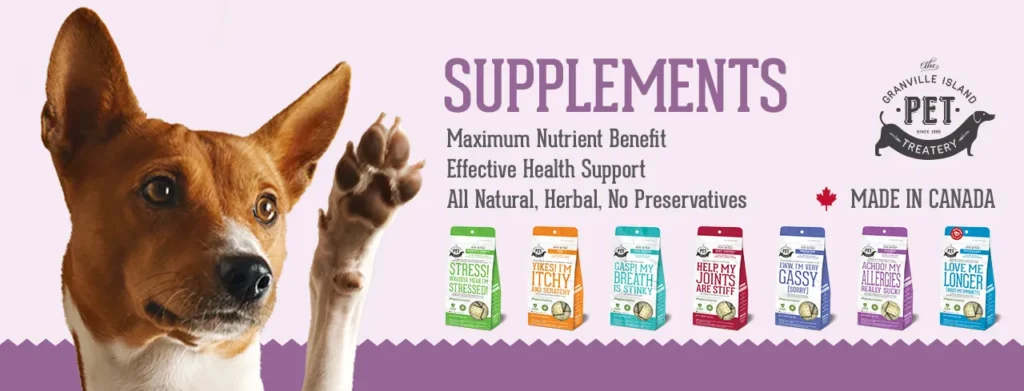
Common Supplements: Omega-3 Fatty Acids, Glucosamine, and More
Omega-3 fatty acids, found in fish oil, promote healthy skin and coat. They also have anti-inflammatory properties that benefit pets with conditions like arthritis. Glucosamine and chondroitin supplements support joint health, which is particularly beneficial for older pets.
Homemade Diets: Caution and Considerations
The Appeal of Homemade Diets
- Homemade diets allow you to control the ingredients and customize your pet’s meals. This can be especially useful for pets with allergies or sensitivities.
Potential Pitfalls and How to Overcome Them
- Creating balanced homemade diets requires careful attention to nutrients. Without proper planning, pets can experience deficiencies or imbalances. Consultation with a veterinary nutritionist is essential to ensure your homemade meals meet your pet’s needs.
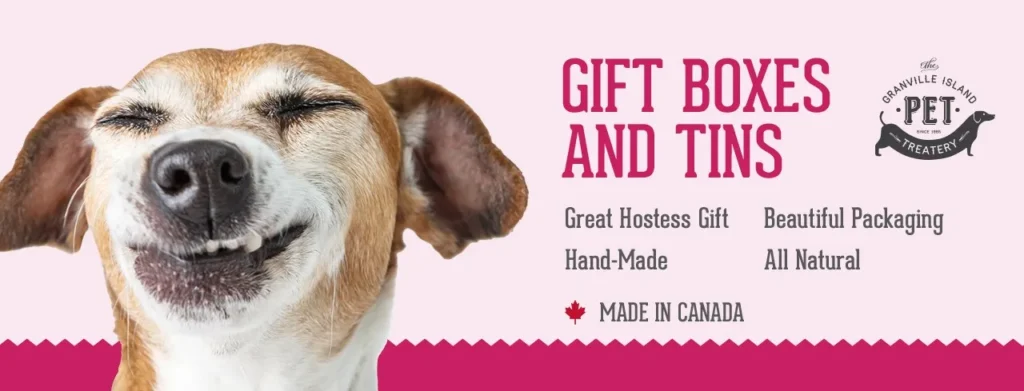
FAQs
Is homemade pet food better than commercial options?
- Both options have their pros and cons. Homemade meals require careful planning to ensure balanced nutrition, while commercial diets are formulated to meet pets’ needs. Consult your veterinarian for personalized advice.
What are the essential nutrients for pets?
- Pets require proteins, carbohydrates, fats, vitamins, and minerals for optimal health. These nutrients support growth, energy, and bodily functions.
Can I feed my pet a vegetarian or vegan diet?
- While some pets can thrive on plant-based diets, others have specific dietary needs that require animal-based proteins. Consult your veterinarian before making dietary changes.
Should I be concerned about food allergies in pets?
- Food allergies can occur in pets, leading to skin issues, gastrointestinal upset, and other symptoms. Consult your veterinarian if you suspect your pet has allergies.
Are grain-free diets safe for pets?
- Grain-free diets can be suitable for pets with allergies to specific grains. However, recent concerns have arisen about a potential link between grain-free diets and heart disease in dogs. Consult your veterinarian for guidance.
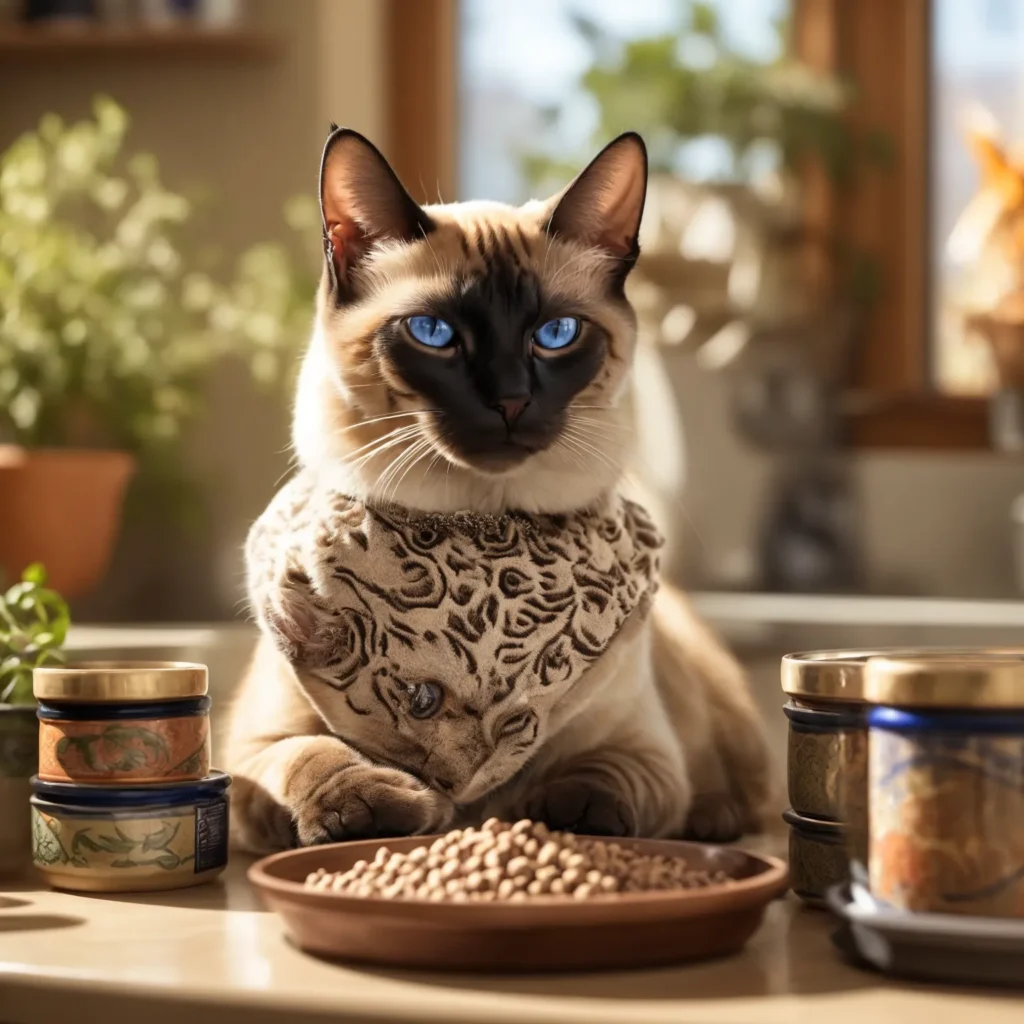
Conclusion
As pet owners, our pets’ well-being is our top priority. Providing them with high-quality nutrition is an essential part of responsible pet ownership. From selecting the right commercial food to exploring homemade and specialized diets, understanding pet nutrition empowers us to make informed choices.
